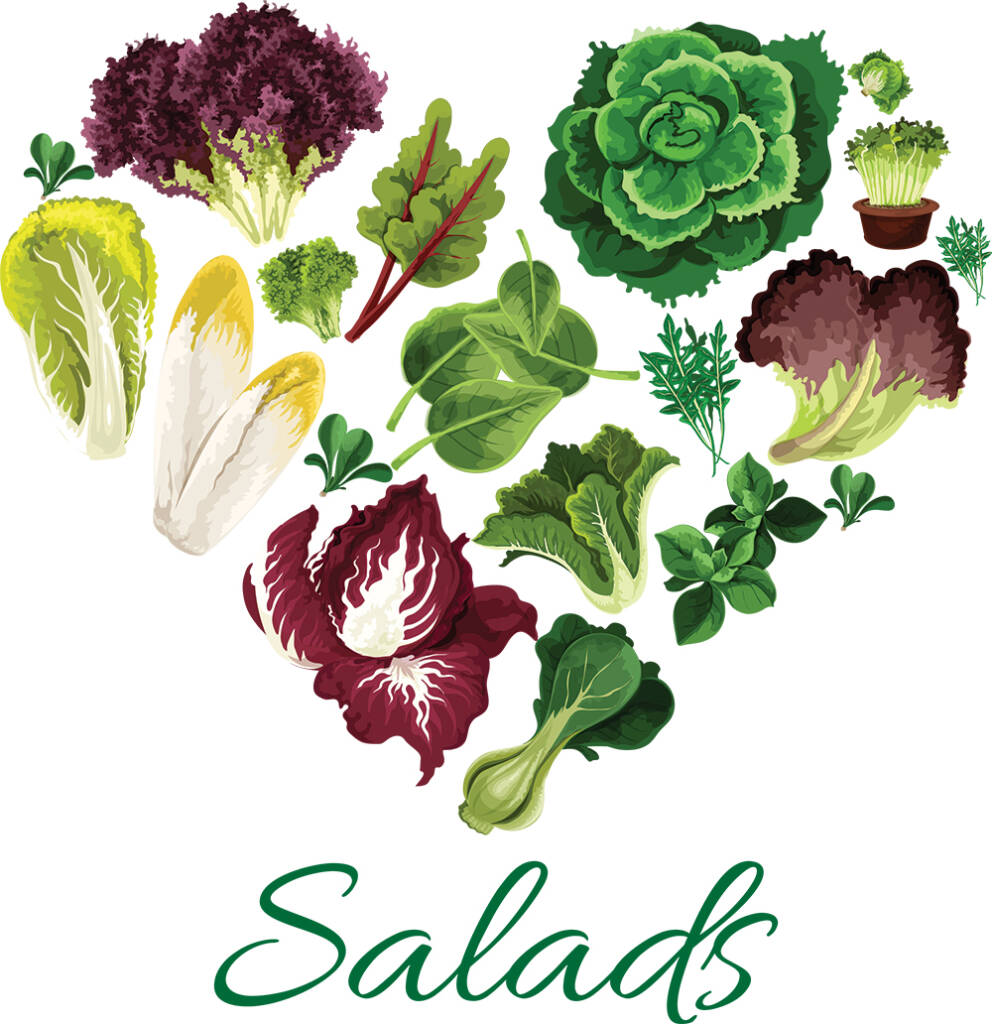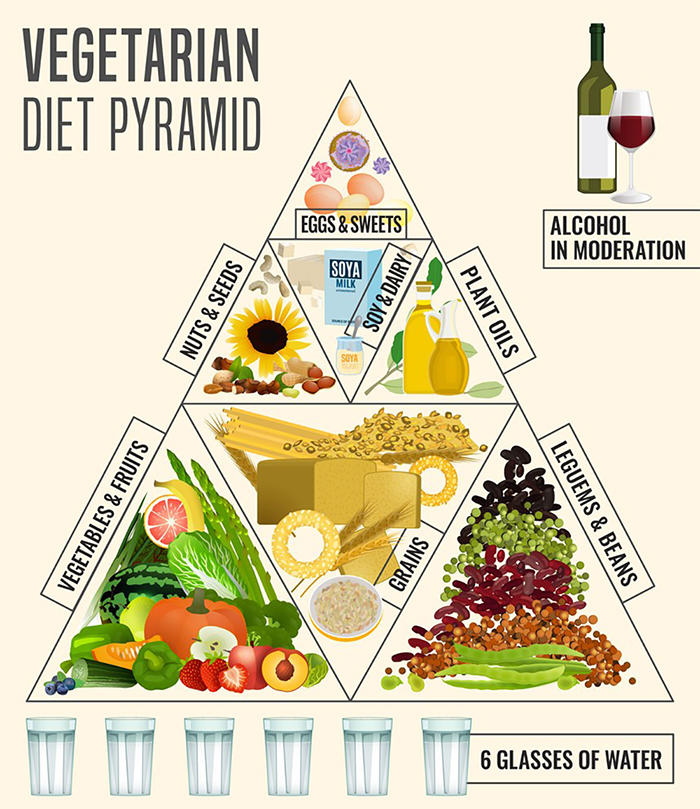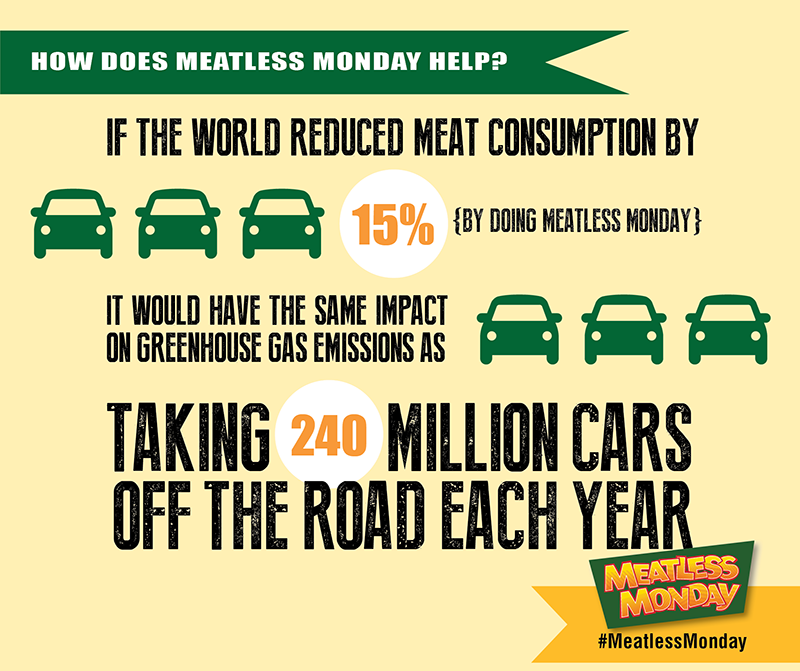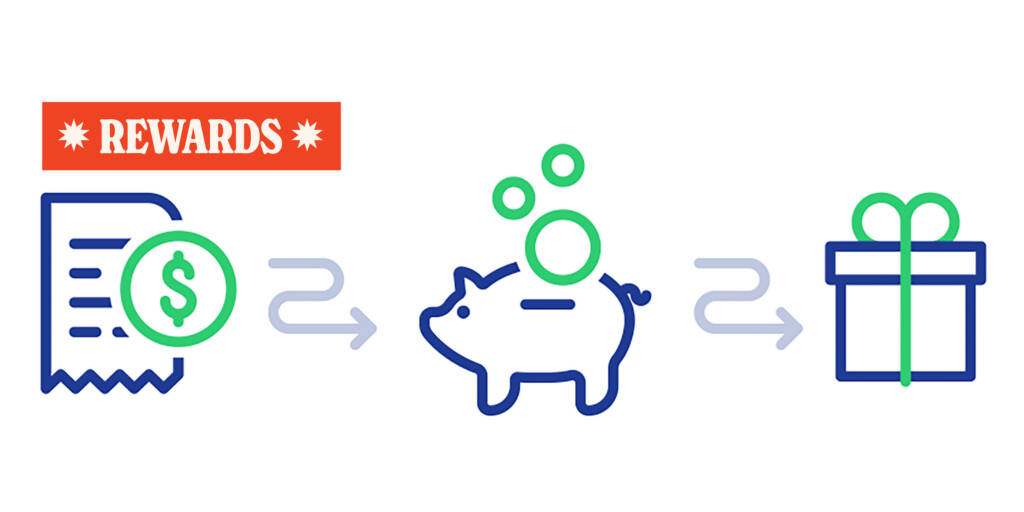Vegetarian Ventures

BY ABBY PRATT, CHOP5 NUTRITION BLOGGER
Plant based is all the rage right now. Restaurants have their vegetarian/vegan options popping up, there are plant based meal kits you can have delivered to your door, and even whole brands that focus on leaving out animal products. I bet you have all heard about vegetarianism at some point, but did you know there are so many different subsets of going vegetarian? Together we will explore the variations, benefits and things to be aware of if you plan to go more plant based. It can benefit you and the world around you and it doesn’t have to be an “all or nothing” approach.

There are various “levels” to incorporating vegetarianism into your lifestyle & diet.
Vegan: Consumes no animal products or by-products
Lacto vegetarian: no meat, eggs, fowl, or fish, but they do consume dairy
Ovo vegetarian: no meat, fish, fowl, or dairy, but they do consume eggs
Lacto-ovo vegetarian: no meat, fish or fowl, but will consume dairy & eggs
Pescatarian: restrict their meat consumption to just fish and seafood only
Pollotarian: restrict their meat consumption to poultry and fowl. No red meat, fish, or seafood
Flexitarian: a plant based diet with few occasions of meat consumption
Vegetarian Value
- Reduces risk of chronic illness such as cancer
- Good for heart health
- Can lower blood pressure
- Can lead to weight loss
- You may even live longer
- Food borne illness becomes less likely since meat is typically the cause
- Potential for increased energy
- Help reduce pollution since the meat industry has massive environmental effects
- You will avoid toxic chemicals like carcinogens & heavy metals such as mercury, arsenic, and lead
- You may save $$$, meat is about 10% of the typical American’s food spending
Preparation is Key
Any huge dietary change should be discussed with your doctor before implementing. I also highly recommend doing your research before you dive in. Keep in mind that pizza and Mt. Dew is technically vegetarian and Oreos are vegan. The vegetarian diet can lead to deficiencies if you are not doing it properly. Make sure to eat plenty of fruits and veggies! Some areas of concern include protein, calcium, iron, omega-3 fatty acids, and vitamin B12.
Protein: it is recommended to consume at least 0.45 grams of protein per pound of body weight each day. For example, if someone is 140 lbs., they would need at least 63 grams of protein (0.45 x 140). Some great plant sources include beans, lentils, chickpeas, almonds, peanut butter, tempeh, and tofu. You can get the protein and amino acids you need by varying your protein sources and eating a variety of foods.
Calcium: if you are consuming dairy products calcium is not likely to be an issue. In the vegan and ovo vegetarian diet, calcium levels may become low. Great sources of calcium include cabbage, broccoli, sesame seeds, tahini, fortified cereals and breads, almonds, rhubarb, edamame, and figs. Supplementation is an option as well (see your doctor first).
Iron: women are more at risk for low iron levels than men. All vegetarians and vegans may be at risk since red meat is the main source of iron in the American diet. Great sources include tofu, cashews, apricots, eggs (not vegan friendly), legumes, fortified cereal, and sunflower seeds. Combing iron rich foods with foods high in vitamin C (see above) can help enhance iron absorption and is highly recommended. Supplementation is an option as well (see doctor first).
Omega-3 fatty acids: eggs and fish are the main sources of this nutrient. Algae supplements, flaxseed, DHA fortified bars, and DHA fortified milk/milk alternatives can be good sources.
Vitamin B12: This is only found in animal products. Thankfully if you are eating dairy and eggs, your levels should be of no concern. Some foods are fortified with B12 and there are supplementation options you can discuss with a doctor.
Meatless Mondays

Even doing Meatless Monday can make a difference for your health and the environment. You do not have to go 100% vegetarian; there are flexible options. I think we all could benefit from eating more fruits and veggies.
Eating meatless is easy and affordable at CHOP5 Salad Kitchen! You can go with a chef-inspired menu option or create your own using fresh ingredients recommended above like cabbage, spinach, tofu, sunflower seeds, broccoli, and whatever else your heart desires. There are even vegan options like the Asian Chop and Chipotle Sweet Potato Bowl. Some yummy vegan dressings include our pear thyme vinaigrette, jalapeño lime vinaigrette, lemon cilantro vinaigrette, spicy Thai dressing, sesame ginger, and oil & vinegar.
Come see us today and give the veg head life a spin! Send me your favorite vegan meals or salad combos at abbyp@Chop5.com.

